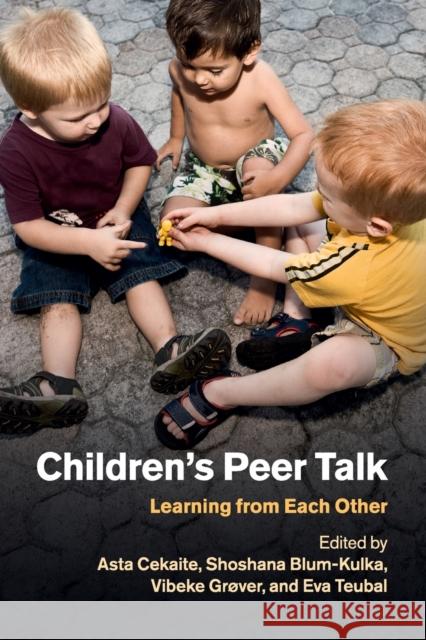Children's Peer Talk: Learning from Each Other » książka
topmenu
Children's Peer Talk: Learning from Each Other
ISBN-13: 9781316644904 / Angielski / Miękka / 2017 / 290 str.
Children's Peer Talk: Learning from Each Other
ISBN-13: 9781316644904 / Angielski / Miękka / 2017 / 290 str.
cena 153,87
(netto: 146,54 VAT: 5%)
Najniższa cena z 30 dni: 130,92
(netto: 146,54 VAT: 5%)
Najniższa cena z 30 dni: 130,92
Termin realizacji zamówienia:
ok. 16-18 dni roboczych.
ok. 16-18 dni roboczych.
Darmowa dostawa!
This collection offers an in-depth study of children's peer talk and its potential impact on children's learning.











